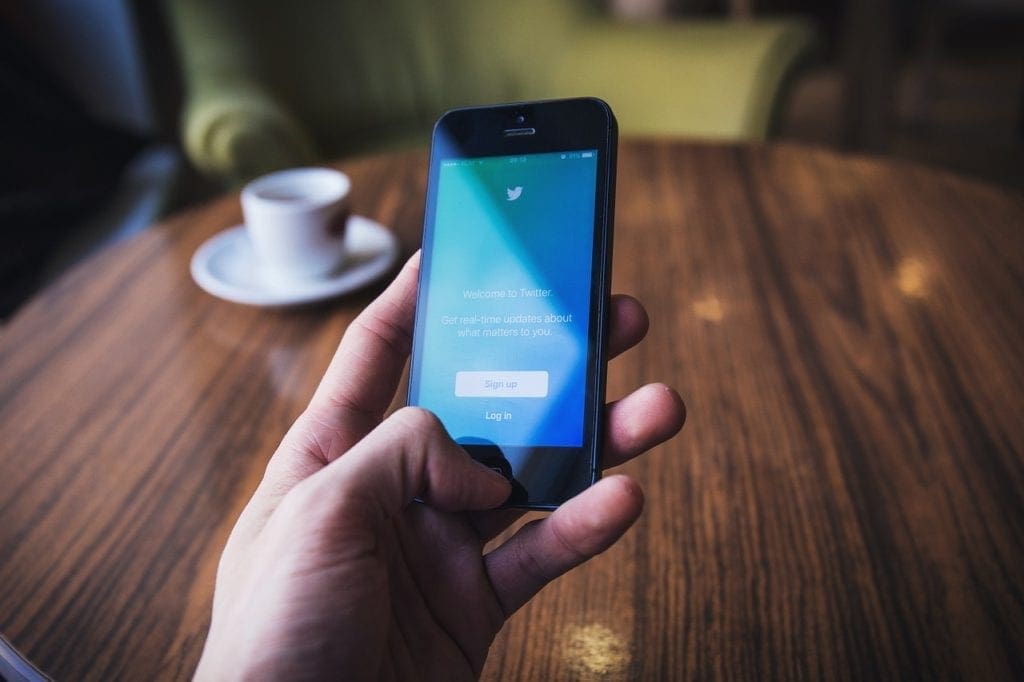A recent article at Mother Jones said something I’ve never thought of before.
“…[In]…the case of social media platforms, their power is over the currency of democracy: information.”
The article went on to discuss how platforms like Facebook and Twitter have left us worse off as a society since their inception. Regardless of your views, the one fact that many so-called experts, pundits, and politicians ignore is that social media is based on voluntary association.

The biggest monopolies of information, coercion, and force in the world are the government that you simply can’t opt out of. After all, how many people go to jail each year for not completing their “voluntary” income tax?
After the recent mass shooting in Christchurch, New Zealand, the Prime Ministers of Australia and New Zealand have joined forces in developing a plan to propose to the G20 which would enact severe, Orwellian restrictions on social media and the internet as a whole. Reddit and 4Chan have already been banned in Australia and New Zealand since the shooter is believed to have been radicalized based on content he engaged with on those platforms.
Journalists and internet activists are already being charged and hunted by law enforcement in those nations if they have in their possession the banned video of the shooter’s live-stream. It recently came out that the website Zerohedge, a non-partisan news aggregate that is known for covering stories regarding online censorship, ended up getting censored themselves in New Zealand for their coverage of the Christchurch shooting.
Social media critics on the right are going after organizations like Facebook and Twitter for what they have labeled monopolies and “pseudo-public commons.” At the same time, critics on the left are accusing the spread of “fake news” and growth of alternative and independent media as a threat to democracy. It seems that critics on both sides are calling for social media regulation either nationally or internationally.
This dangerous gamble would take the freedom that is found on the internet and cause the opportunities of millions to freely communicate and disseminate information to suddenly fall into the open chasm of totalitarianism that would use this possible mandate to further their reach and control.
Companies like Facebook and Twitter would likely be there at the negotiation table to help draft the rules, thus writing the death sentences of competition such as sites like Gab and Minds. While businesses and organizations make concessions all the time to consumers, history has shown that once governments take power from the people, they very rarely give it back.
The golden age of the internet might not be at the point of which it was in the 1990s but all freedom loving people should be wary of cries for control over the ultimate mechanism of freedom that humanity has ever known.

























